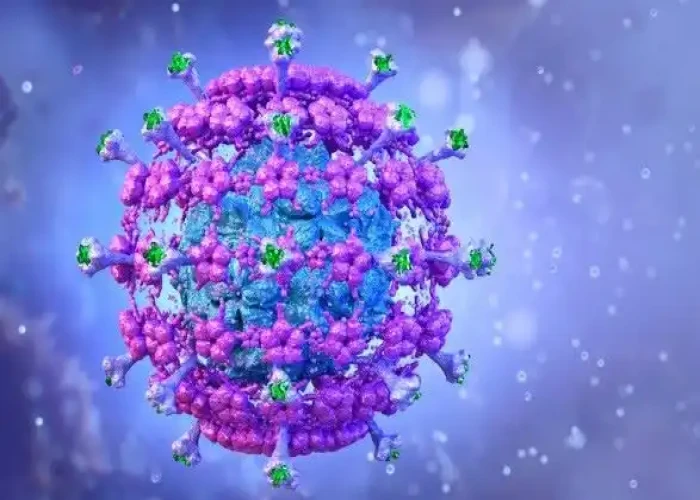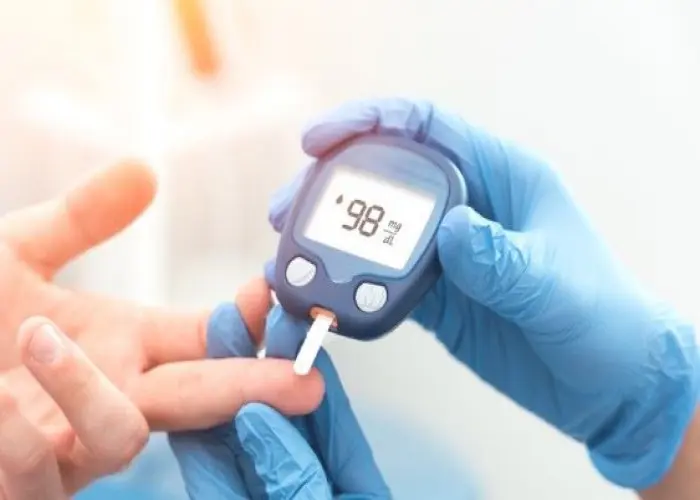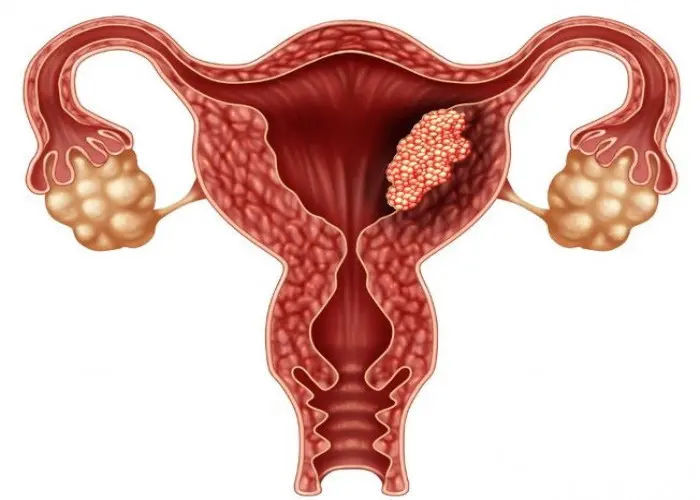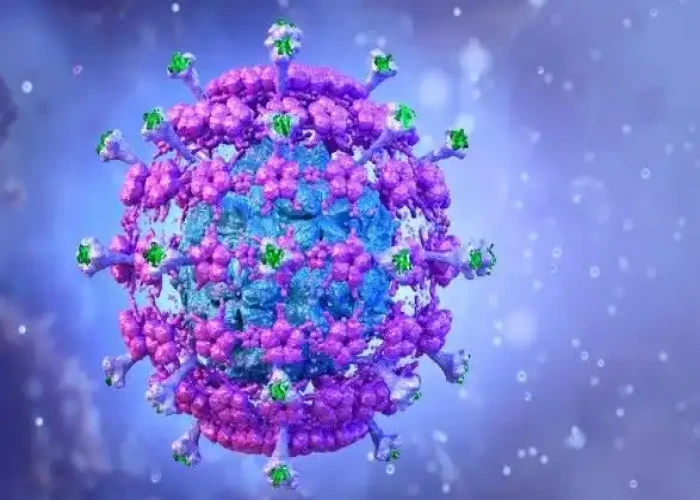 Welcome
Welcome
“May all be happy, may all be healed, may all be at peace and may no one ever suffer."
Viral gastroenteritis (stomach flu)

Viral gastroenteritis, commonly known as stomach flu, is an infection of the intestines caused by a virus. It is a highly contagious illness that can affect people of all ages and is spread through contact with an infected person, contaminated food or water, or contact with surfaces that have been contaminated with the virus.
The most common symptoms of viral gastroenteritis include diarrhea, vomiting, abdominal pain or cramping, fever, and sometimes headache and body aches. These symptoms usually develop within one to three days after exposure to the virus and can last for several days to a week.
Treatment for viral gastroenteritis is generally supportive and includes rest, staying hydrated with fluids like water, oral rehydration solutions, and sometimes anti-diarrheal medications. Antibiotics are not effective against viral infections and are not typically used to treat viral gastroenteritis. In some cases, hospitalization may be necessary to provide intravenous fluids to prevent dehydration.
Preventing the spread of viral gastroenteritis involves practicing good hygiene, such as washing your hands regularly, avoiding contact with infected individuals, and disinfecting surfaces that may be contaminated with the virus. It is also important to properly prepare and store food to avoid foodborne illness.
Research Papers
Disease Signs and Symptoms
- Nausea or vomiting
- Dry mouth
- Blood in stool
- Frequent bowel movements
- Diarrhea
- Fever
- Muscle pain
- Headaches
- Abdomen cramps
- Abdomen pain
- Watery, usually nonbloody diarrhea bloody diarrhea usually means have a different, more severe infection
Disease Causes
Viral gastroenteritis (stomach flu)
You're most likely to get viral gastroenteritis when you eat or drink contaminated food or water. You may also be likely to get gastroenteritis if you share utensils, towels or food with someone who has one of the viruses that cause the condition.
Many viruses can cause gastroenteritis, including:
- Noroviruses. Both children and adults are affected by noroviruses, the most common cause of foodborne illness worldwide. Norovirus infection can sweep through families and communities. It's especially likely to spread among people in confined spaces.
- In most cases, you pick up the virus from contaminated food or water. But it can also spread between people who are in close contact or who share food. You can also get the virus by touching a surface that's been contaminated with norovirus and then touching your mouth.
- Rotavirus. Worldwide, this is the most common cause of viral gastroenteritis in children, who are usually infected when they put their fingers or other objects contaminated with the virus into their mouths. It can also spread through contaminated food. The infection is most severe in infants and young children.
- Adults infected with rotavirus may not have symptoms, but can still spread the illness. This is of particular concern in institutional settings such as nursing homes because adults with the virus unknowingly can pass the virus to others. A vaccine against viral gastroenteritis is available in some countries, including the United States, and appears to be effective in preventing the infection.
Some shellfish, especially raw or undercooked oysters, also can make you sick. Contaminated drinking water is a cause of viral diarrhea. But in many cases the virus is passed when someone with a virus handles food you eat without washing his or her hands after using the toilet.
Disease Prevents
Viral gastroenteritis (stomach flu)
The best way to prevent the spread of intestinal infections is to follow these precautions:
- Get your child vaccinated. A vaccine against gastroenteritis caused by the rotavirus is available in some countries, including the United States. Given to children in the first year of life, the vaccine appears to be effective in preventing severe symptoms of this illness.
- Wash your hands thoroughly. And make sure your children do, too. If your children are older, teach them to wash their hands, especially after using the toilet.
- Wash your hands after changing diapers and before preparing or eating food, too. It's best to use warm water and soap and to rub hands well for at least 20 seconds. Wash around cuticles, beneath fingernails and in the creases of the hands. Then rinse thoroughly. Carry sanitizing wipes and hand sanitizer for times when soap and water aren't available.
- Use separate personal items around your home. Avoid sharing eating utensils, drinking glasses and plates. Use separate towels in the bathroom.
- Prepare food safely. Wash all your fruits and vegetables before eating them. Clean kitchen surfaces before preparing food on them. Avoid preparing food if you're sick.
- Keep your distance. Avoid close contact with anyone who has the virus, if possible.
- Disinfect hard surfaces. If someone in your home has viral gastroenteritis, disinfect hard surfaces, such as counters, faucets and doorknobs, with a mixture of 5-25 tablespoons (73 to 369 milliliters) of household bleach to 1 gallon (3.8 liters) of water.
- Avoid touching laundry that may have been exposed to a virus. If someone in your home has viral gastroenteritis, wear gloves while touching laundry. Wash clothing and bedding in hot water and dry them on the hottest setting. Wash your hands well after touching laundry.
- Check out your child care center. Make sure the center has separate rooms for changing diapers and preparing or serving food. The room with the diaper-changing table should have a sink as well as a sanitary way to dispose of diapers.
Take precautions when traveling
When you're traveling in other countries, you can become sick from contaminated food or water. You may be able to reduce your risk by following these tips:
- Drink only well-sealed bottled or carbonated water.
- Avoid ice cubes because they may be made from contaminated water.
- Use bottled water to brush your teeth.
- Avoid raw food — including peeled fruits, raw vegetables and salads — that has been touched by human hands.
- Avoid undercooked meat and fish.
Disease Treatments
There's often no specific medical treatment for viral gastroenteritis. Antibiotics aren't effective against viruses. Treatment first involves self-care measures, such as staying hydrated.
Disease Diagnoses
Disease Allopathic Generics
Disease Ayurvedic Generics
Disease Homeopathic Generics
Disease yoga
Viral gastroenteritis (stomach flu) and Learn More about Diseases

Bursitis

Hypoglycemia

Subarachnoid hemorrhage

Angelman syndrome

Endometrial cancer

Muscle cramp

Toxoplasmosis

N/A
Viral gastroenteritis, stomach flu, ভাইরাল গ্যাস্ট্রোএন্টারটাইটিস, পেট ফ্লু
To be happy, beautiful, healthy, wealthy, hale and long-lived stay with DM3S.
